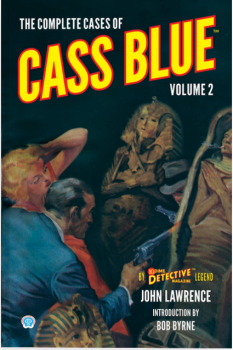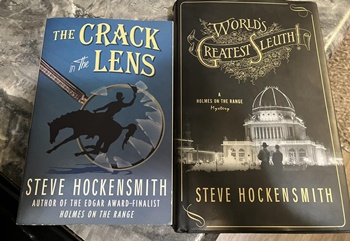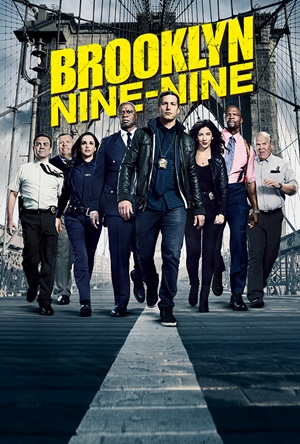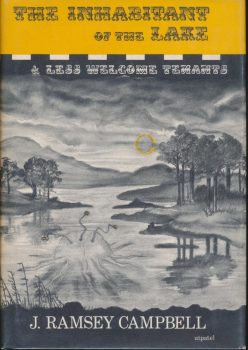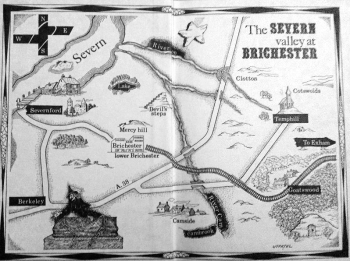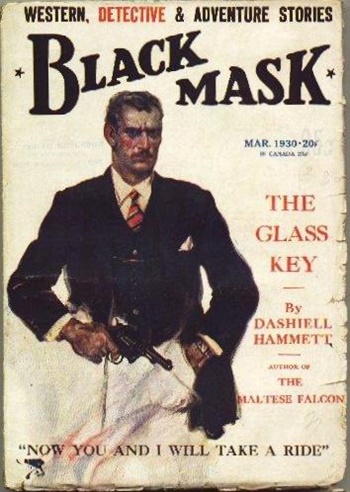A (Black) Gat in the Hand: Dave Hardy on REH’s El Borak
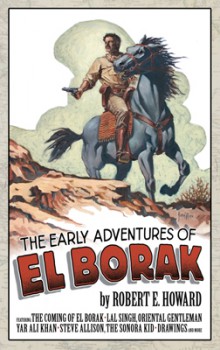 As the chill of December frosts our doorsteps, it’s time to wrap up our ‘Summer’ Pulp series for another year. Last summer I wrote about Robert E. Howard’s Kirby O’Donnell. His tales can be found in Del Rey’s FANTASTIC El Borak, and Other Desert Adventures. That tome rivals the Conan books as my favorite in the entire series.
As the chill of December frosts our doorsteps, it’s time to wrap up our ‘Summer’ Pulp series for another year. Last summer I wrote about Robert E. Howard’s Kirby O’Donnell. His tales can be found in Del Rey’s FANTASTIC El Borak, and Other Desert Adventures. That tome rivals the Conan books as my favorite in the entire series.
While I like O’Donnell, the reason I chose him, is because nothing I write about El Borak could hold a candle to Dave Hardy’s essays on REH’s transplanted cowboy. David’s afterward, Gunfighters of the Wild East, is THE definitive essay on the subject. He also wrote the introduction to The REH Foundation’s The Early Adventures of El Borak.
So naturally, I asked him to talk about El Borak (which means, ‘The Swift’) for our Discovering Robert E. Howard series here at Black Gate. And he delivered one of my favorite essays. I wanted to get it back out there, and into A (Black) Gat in the Hand. I re-read at least one El Borak story every year; usually more than that. Plus O’Donnell, and Clancy. Just thrilling adventures. There’s no one better suited to expound on Francis Xavier Gordon, so enough blathering from me. Let’s check out ‘The Swift.’
Francis Xavier Gordon, known from Stamboul to the China Sea as “El Borak”-the Swift-is perhaps the first of Robert E. Howard’s characters, and the last. El Borak is one of those distinctive characters that could only come from the fertile imagination of REH. He is a Texas gunslinger from El Paso, an adventurer, who has cast his lot in the deserts and mountains of Arabia and Afghanistan. There’s a little bit of John Wesley Hardin in his makeup, a bit of Lawrence of Arabia, and just a touch of Genghis Khan.
Howard described the origin of Gordon and other characters to Alvin Earl Perry: “The first character I ever created was Francis Xavier Gordon, El Borak, the hero of “The Daughter of Erlik Khan” (Top Notch), etc. I don’t remember his genesis. He came to life in my mind when I was about ten years old.”
